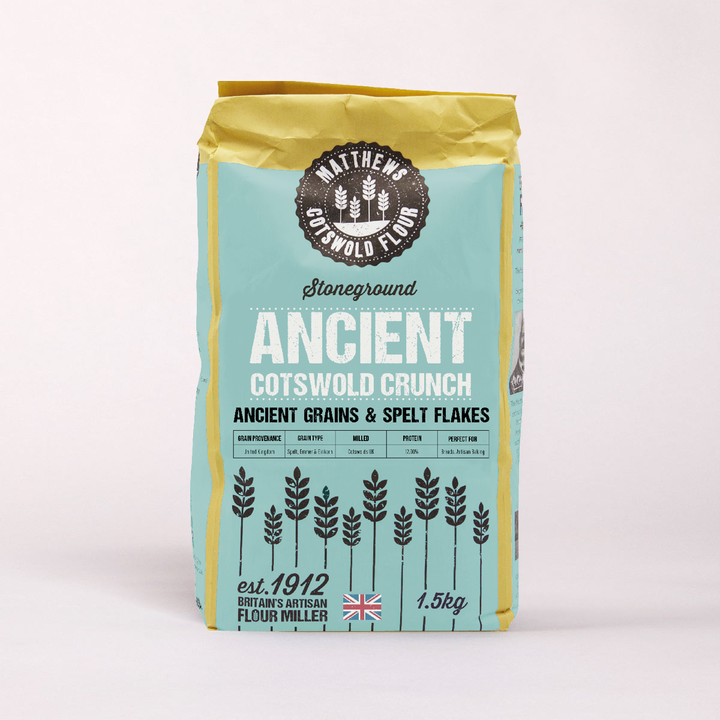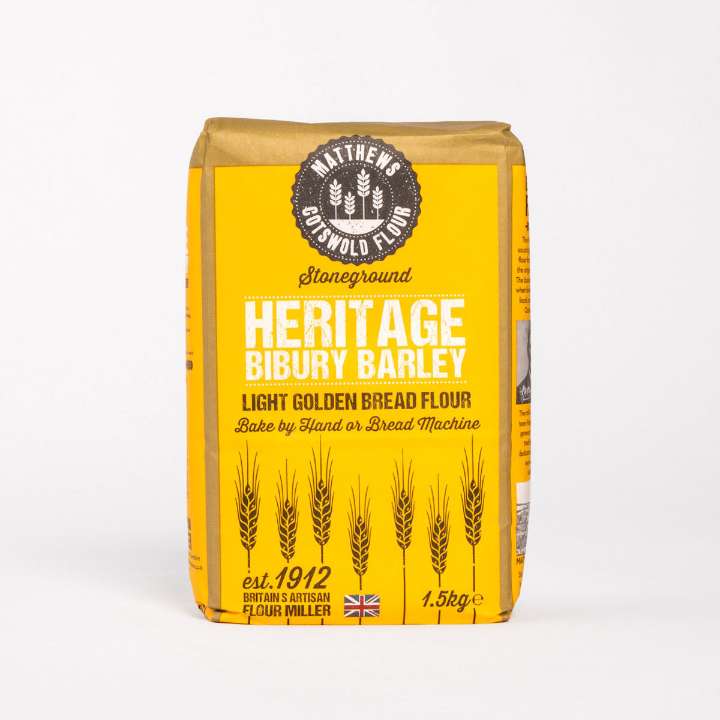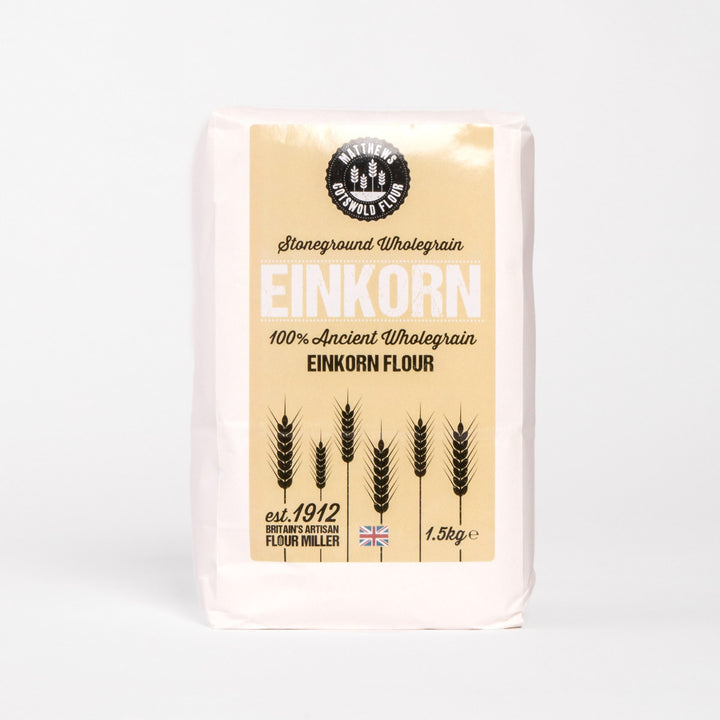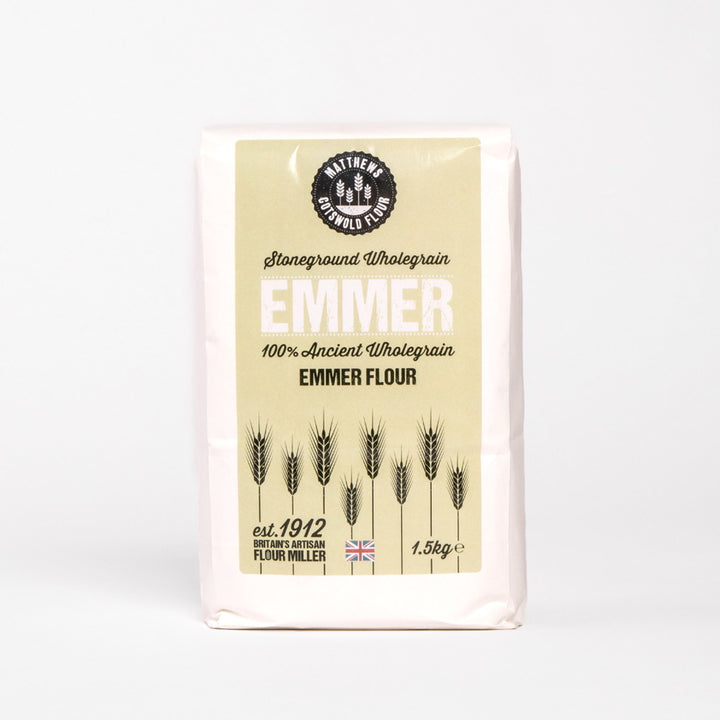The Reality Behind The Price of Bread
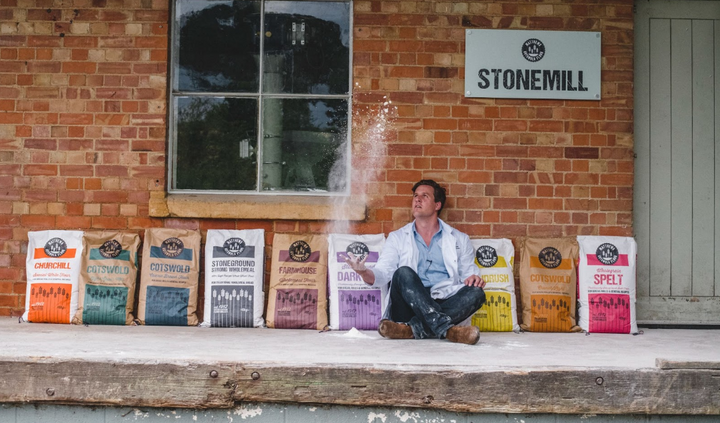
As consumers face a wave of inflation, massively exacerbated by the turmoil of rapidly increasing food prices, you might think the various background issues surrounding the subject of human sustenance would be washed aside. Certainly more and more people will simply look at cost instead of pondering where their food comes from, or how it was grown or produced.
But of course these issues matter more than ever during a crisis, as is plainly evidenced by the war in Ukraine and its devastating effect on international supplies of wheat.
Okay, so it might be difficult to agonise over the whys-and-wherefores of food security when you are struggling to feed the family, but everyone should know - deserves to know - the reasons why their weekly outgoings are going through the roof.
The Ukraine situation, for example, is just one reason why grain prices have increased way beyond the highest levels in living memory.
“Give us our daily bread,” says the prayer - but as managing director of one of Britain’s leading artisan milling companies I know this is becoming an increasingly difficult thing to achieve. Which is why I believe it is high time we started to communicate more with our consumers. We need to discuss how we produce food and where we get it from and do some soul-searching.
War is one thing - a terrible thing - but hopefully peace will eventually return. Climate change, on the other hand, is here to stay and it will bring with it more crop failures and more price hikes.
Which begs the question: surely doing the same thing over and over again and expecting a different outcome is a definition of insanity?
Commodity farming means spraying fields full of chemicals and driving huge ploughs into the land every year. All this breaks up the microorganisms which support plant life in the soil… Why, then, are we surprised when harvests eventually begin to fail? If the tiny top six inches of fertile soil continues to degrade, then how are we supposed to grow food, mill grain, bake bread?
This is the road we are on. Prices will continue to spike, cost of living will rise, and so on…
Our present highly industrialised food system will have trouble feeding us in a quarter of a century, never mind supporting generations in 200 years time. It is not built around long term soil health.
The big multinational organisations which create our food do have the power to change this and would do so if there was enough pressure from consumers demanding change. However, there is a worrying lack of awareness. Why should the average person on the street worry about something as seemingly obscure as soil health?
Believe me, they should. I say that as a person who produces that most basic of ingredients - the flour that gives us our daily bread.
The good news is that we have the techniques and the understanding to make the urgent changes.
Buying British and buying-local can help in reducing food miles. It also creates a “circular economy” which helps us manage food production systems better, creating a stronger connection between consumers and producers. It supports local jobs and skills which in turn helps increase demand for sustainable locally produced products.
The kind of bread produced in such a basic system is just flour, water, salt and maybe some introduced yeast. That’s it. A highly processed supermarket loaf is about as environmentally friendly as a landfill site. Its label declares: “Preservative (Calcium Propionate), Emulsifiers (Mono- and Di-Acetyl Tartaric Acid Esters of Mono- and Di-Glycerides of Fatty Acids), Spirit Vinegar, Rapeseed Oil, Flour Treatment Agent (Ascorbic Acid).”
Is that bread?
The farmer who grew the cut-price wheat for that loaf required large amounts of fertiliser and chemicals to increase yield. The bread would not be so cheap if those yields weren’t miraculously high. But high yields come at the cost of degraded soil.
Nutritionally - grain for grain, gram for gram - good local milled regeneratively farmed flour can end up being much better value than something that looks cheap but which contains very little. Bread which represents far more bang for your buck, both in terms of fuelling the human body and in maintaining a sustainable planet.
Moreover real bread made from real flour makes economic sense. You might be surprised to know that a loaf made from sustainably produced flour from one of England’s smaller mills costs less than the ingredients of its cut-price supermarket cousin. For the average 800g loaf: eight pence cheaper.
It’s a no-brainer. Politicians should be supporting more thoughtful, intelligent, localised forms of food production with grants for farming businesses to grow grain under the regenerative model. Products should have clear informative labelling and there should be a legally recognised environmental rating system. This should be matched by education in schools with farm-walks, mill tours, and baking lessons added to the curriculum.
Businesses should adopt sustainability as part of their strategy and producers should be incentivised with premiums for transitioning to a sustainable regenerative model. Some are already doing it.
We Brits are far more food-savvy and soil-conscious than we get credit for. We could set out to be an example to the world.
The costs of NOT doing all of the above are frightening. The price of bread is a measure of political stability - we know this, yet we also know that unless we do something, soil erosion will continue to the point where we’ll struggle to grow food. More and more will be imported which, as the war in Ukraine shows, is a gamble when it comes to food security. Importing food also means higher prices and more strain on the environment elsewhere.
We have knowledgeable people in this country who are already working towards a better, more sustainable food future. We must listen to them and start making changes.
← Older Post Newer Post →


